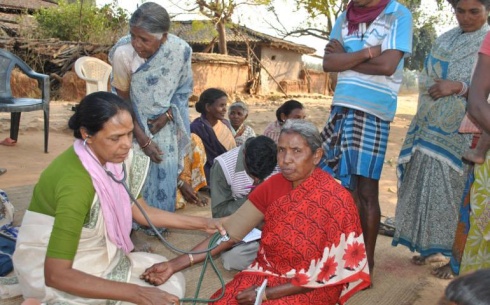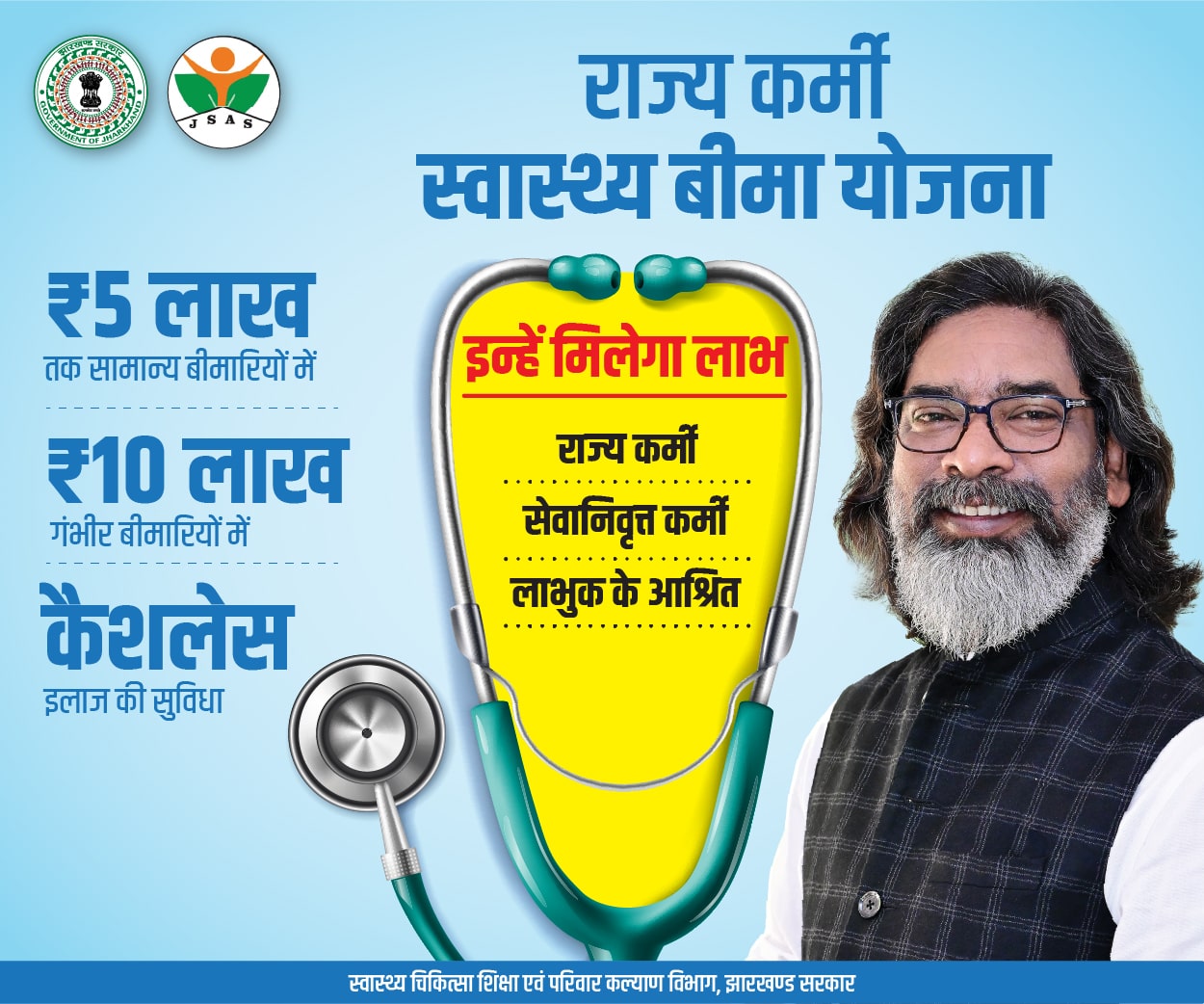
Representational Picture courtesy-melookunnelsj.files.wordpress.com
A good news is:Malaria cases have declined in Jharkhand during the past three years.
The government also envisages eradicating malaria from the state in 2027. Jagat Prakash Nadda, minister of state for health and family welfare informed Rajya Sabha on March 15, 2016 in reply to a question from Nathwani. According to the statement of the minister, total Rs.93.75 crore has been released to Jharkhand in last four years for prevention of malaria.
The Minister stated that reported number of confirmed malaria cases have declined in Jharkhand in last three years. In 2012 total 1,31476 confirmed malaria cases were reported in Jharkhand which came down to 97,786, 1,03,735, 90,251 in 2013, 2014 and 2015 respectively. In 2016, total 5344 cases of malaria were reported in Jharkhand till January.
However, a marginal increase has been noticed for the country as a whole. Total 10,67,824 cases of Malaria were reported in the country in 2012, which came down to 8,81,730 in 2013 but again went up to 11,02,205 in 2014 and 11,26,661 in 2015. In January 2016, total 54,613 cases of malaria were reported in the country.
The Minister also replied that the cases and deaths due to malaria have declined in Jharkhand and Jharkhand in 2015 as compared to previous years and under National Framework for Malaria Elimination, it has been envisaged to eliminate malaria in Jharkhand by 2027.
Nathwani wanted to know about number of malaria cases reported in the country and the steps being taken by the government to eradicate malaria. He also wanted to know about the funds allocated for malaria eradication programme in last three years.
The Minister said that different strategies have been used for prevention and control of malaria.
Early Case Detection and Prompt Treatment (EDPT) to provide relief to the patient, and reduce reservoir of the infection is important strategy, he said. Apart from this, Integrated Vector Management (IVM) by appropriate insecticidal spray in rural areas, anti-larval measures including biological methods like use of larvivorous fish and promotion of bio-environmental control measures, protective promotion of personal measures including use of Long Lasting Insecticidal Net (LLIN) Insecticide Treated Mosquito Nets (ITMN) are also used for prevention of the vector-borne disease, informed the minister.
The Ministry is also using Emphasis on Information, Education and Communication (IEC) to promote community participation for prevention and control and Intersectoral Collaboration and capacity building for optimal utilization of the technical manpower for the programme.


